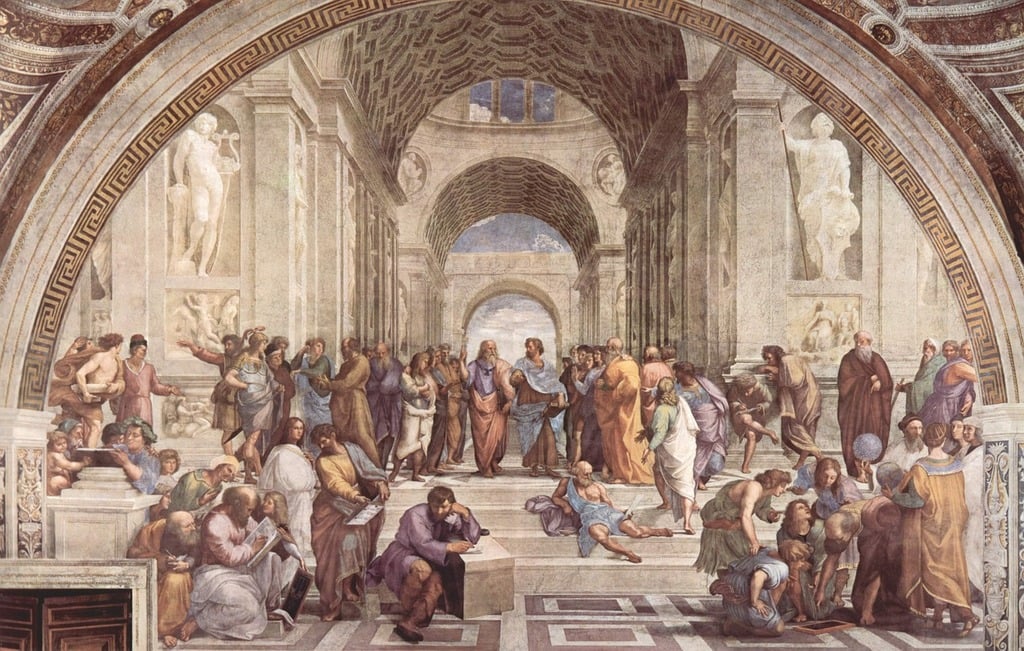Categories:
Vanishing Traditions, Vanishing Recognition
A lack of graduation traditions leaves students feeling unrecognized
May 7, 2025

Donate to The Globe
$100
$500
Contributed
Our Goal
A $50 or more donation includes a subscription to the Clayton High School Globe 2024-2025 print news magazine.
We will mail a copy of our issues to the recipients of your choice.
Your donation helps preserve the tangible experience of print journalism, ensuring that student voices reach our community and that student democracy thrives.
About the Contributors

Sritha Rathikindi, People and Culture Editor-in-Chief
Pronouns: she/her
Grade: 11
Years on staff: 3
What’s your go-to karaoke song? “Uptown Girl” by Billy Joel
What’s a small thing that instantly makes your day better? A small thing that brightens my day is sitting in the sun for a few minutes; it helps me reset.
What are some of your favorite hobbies? I love reading, running, baking and going on walks with my dog! I also enjoy making dog toys for the Humane Society!
What’s your favorite part of being on the newspaper staff? The most meaningful part of being on the Globe is helping tell others’ stories and amplifying voices in our community.

Connor Riley, Mixmaster
Pronouns: they/she
Grade: 11
Years on staff: 2
What’s your go-to karaoke song? “Even Flow” by Pearl Jam
What’s a small thing that instantly makes your day better? Getting a text from a loved one.
What are some of your favorite hobbies? Playing piano and guitar, and collecting Transformers figures.
What’s your favorite part of being on the newspaper staff? I love having a community to share my ideas with and working with the other staff.













